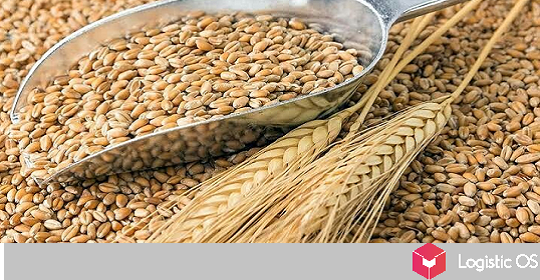According to experts, sunflower oil production is currently losing its marginality due to high prices for raw materials.
Currently, sunflower producers in Russia have mostly adopted a wait-and-see attitude: they are in no hurry to part with their stocks in the hope that prices for seeds will rise even more.
This creates a deficit on the market and contributes to an increase in prices, which are already at a fairly high level.
The situation has developed in such a way that for oil extraction plants today, it is mostly unprofitable to process sunflower, given its cost, as well as the fact that prices for sunflower oil on the world market have currently settled at a low level.
A possible alternative could be the transition of such plants to alternative raw materials — soybeans and rapeseed.
By the way, this could, in the long term, significantly collapse sunflower prices from today’s levels — they risk falling much lower than the values to which raw material producers expect to grow.
At the same time, as for soybeans and rapeseed, switching to these crops instead of sunflower is a questionable option, due to the fact that much less of these crops are produced in the country.
Perhaps some individual enterprises could switch to them, but clearly not all. In addition, the issue of selling finished products in this case is also difficult: for example, Russians practically do not consume rapeseed and soybean oil, which means that the company needs to reorient itself to export.
In addition, if a large number of plants begin to compete with each other for soybeans and rapeseed, this can cause a significant increase in the price of these crops as well, analysts note.
A possible alternative to switching to other crops for oil extraction plants could be a temporary halt in production or a reduction in processed volumes.
In fact, enterprises simply do not have another option, since, given the current prices for raw materials and finished products, they would have to work with negative margins.
Experts believe that the current situation may continue for some time, but it is measured in weeks, not months.
There is a high risk of repeating the 2022 scenario, when farmers also held back sales, but by spring their deferred supply still spilled onto the market, and prices dropped significantly.
As a result, holding back sales is negative for everyone, so it would be better to avoid it, experts believe.

